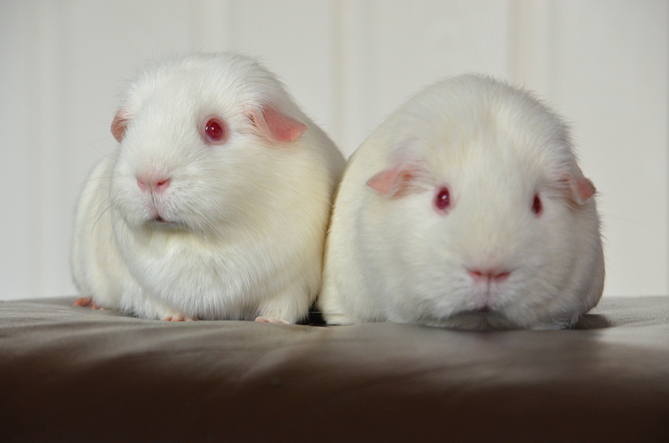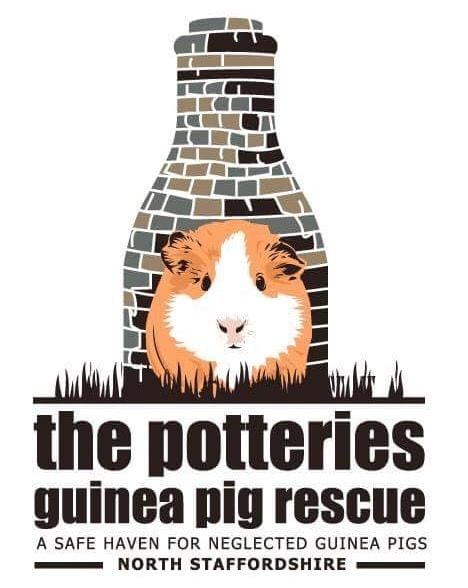Why we don`t support schools having classroom pet`s
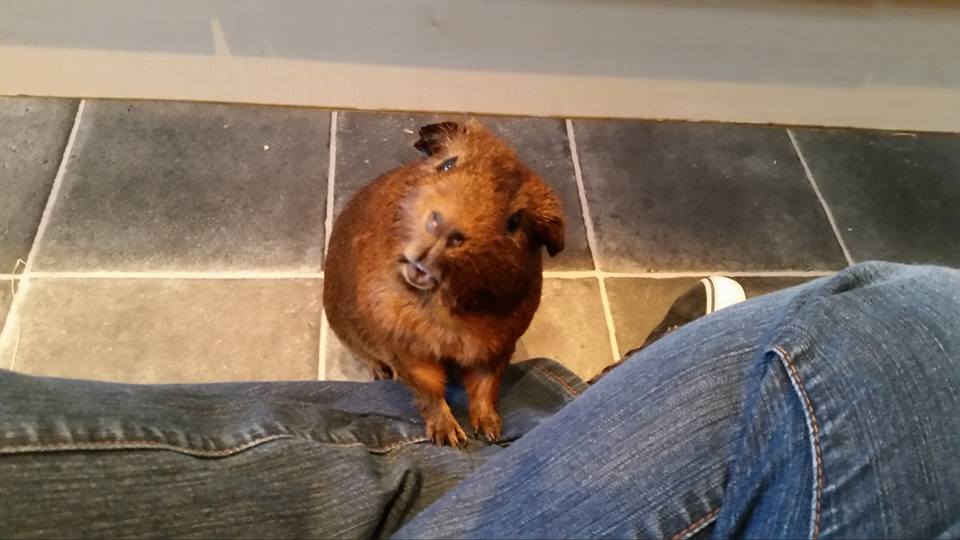
Why Mr Wonky (above) and our rescue do not support the concept class room pets in schools / nurseries.
We often get adoption requests from well meaning schools and nurseries,it is fantastic that people wish to educate children about animals and their care but, we believe the best way for this to happen is in a loving family home and therefore our policy is that we do not adopt to schools / nurseries.
It is vital that from an early age children are taught responsible pet ownership,and the importance of pets being an important and valued family member.
We believe this can only be done at home on a 24 hour basis,not just during school hours. Pets should never be left for extended periods withour supervision and care.
Animals have the right to have consistency in their relationships and have bonds with their family, so we also dont agree with different children taking the animals home each weekend or holidays.Teaching staff have no control over the standard of care provided and provision of out of hours veterinary care and the costs involved.
Schools need to consider:
Security of the animals out of hours - Potential danger from crime.
Ensuring regular health checks and treatments are carried out to avoid mite / fungal problems.
Like any pet owner staff need to have an extensive knowledge and understanding of the 2006 animal welfare act - which is a legal requirement.
Veterinary costs - from £70 for a weekend call out - are they confident parents can recognise a sick Guinea Pig ? They are experts at hiding illness !! only permanent family will know their pets well enough.
Allergies of students / parents
Public liability for injuries sustained.
Fresh food and vegetables - Diet continued correctly when pets are not in school.
Children have a right to learn about loving and caring for animals, our rescue believes this is much better achieved by regular visits to schools by various animal charities /organisations who will tell their story,bring animals in and make the visit educational and fun.Soft toys and educational toys are a much kinder and safer way to teach children about pet care.
Our rescue respects the great work various animal welfare organisations do especially PETA and the RSPCA,the following is an excellent article by the RSPCA.
Keeping pets at school is cruel, RSPCA warns
Keeping a pet in the classroom may be cruel because it breaches animal welfare policy, the RSPCA warns.
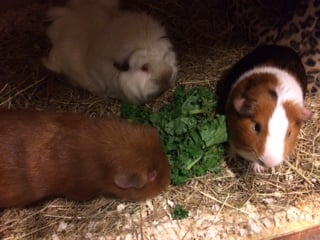
The noise of students and grabbing of hands of enthusiastic pupils who want to touch the class pet, can be a very distressing experience for animals, according to RSPCA guidelines.
Research for the RSPCA found a quarter of schools kept pets in the classroom. Many keep fish, while guinea pigs and hatching chicken is also becoming popular.
Dave Allen, the charity's head of education told The Times: "Welfare can be compromised. The school day is short – what happens to the animal the rest of the time? It can go from being loved to death to being left alone for the evening. Holidays and weekends are an even bigger issue. If the animal is going to different children each week the standard of care varies and sick animals can be overlooked,by inexperienced parents,its a huge accident waiting to happen and possible legal complications for the school concerned.
"The danger is, when keeping animals in the classroom, that the teachers are so busy the animals can become educational tools rather than sentient creatures. It is not giving the right message on animal welfare and responsibility"
The RSPCA's guidance states: "Animal welfare can be taught in schools without keeping animals captive. Studying an animal in its natural environment should aim to cause minimal disturbance whilst maximising educational opportunity.
"Where animals are kept in schools, proper provision should be made for their constant physical and mental wellbeing."
Rather than having pets in the classroom, the RSPCA recommends schools seek other alternatives such as soft toys and props.
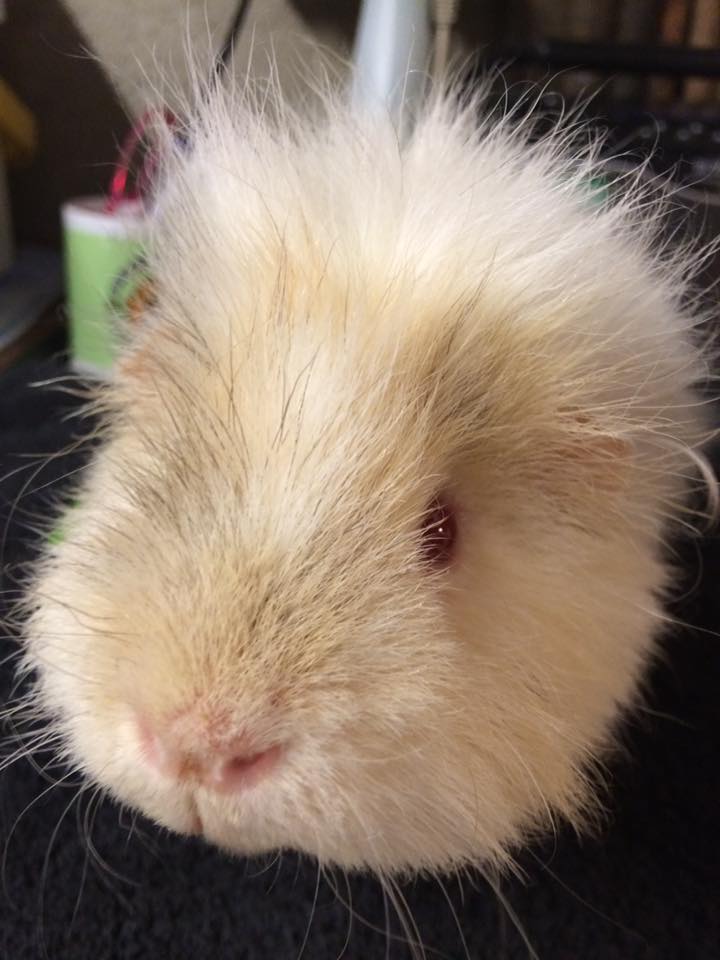
PETA - People for the ethical treatment of animals
You will find lots of great teaching resources on their web site - www.peta.org with frank opinion on class room pets.
Here is an extract from their resources:
- There are better ways to teach. Kids can learn responsibility and develop respect for animals in countless ways that don’t put a single animal at risk. Teach responsibility through community service projects and by caring for plants and/or a school garden. Teach children about the life cycle and animal behavior by observing local wildlife, watching high-quality documentaries, or using computer programs. Children should never be misled into thinking that animals are classroom tools—there’s never an excuse to put an animal’s well-being at risk
Our rescue web site always aims to be thought provoking with the best interests of Guinea Pigs at the heart of all we do,if you would like a school visit from our educational team and share in our love of Guinea Pigs please get in touch.
Its FREE we just ask for a cup of tea !!
